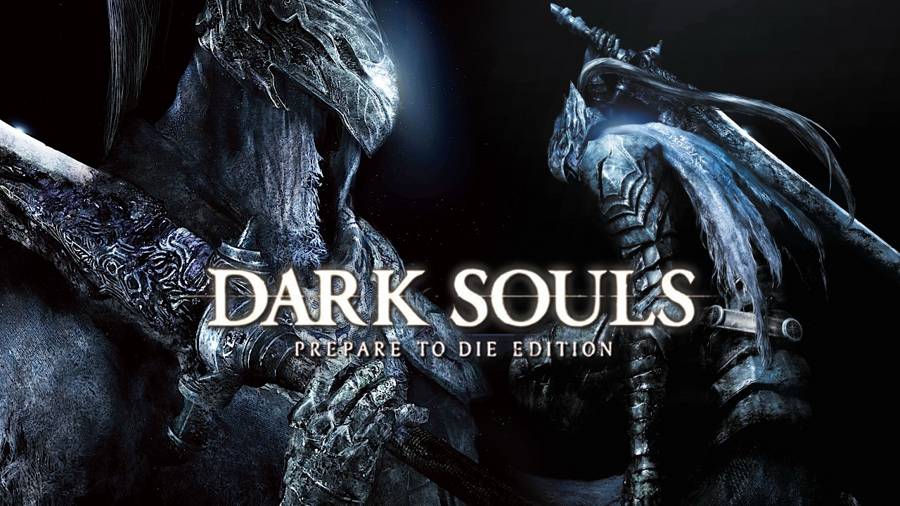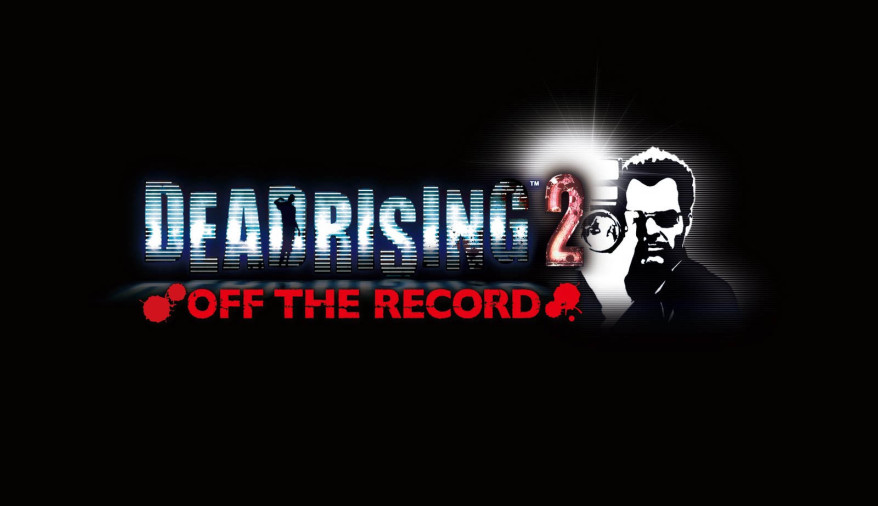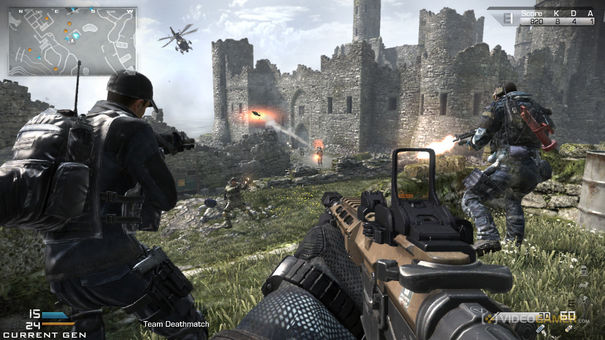There is now a video games console to suit practically every need, taste and budget. But the range and diversity of gaming systems, never mind the games themselves is a daunting prospect to the uninitiated.
This guide - adapted from Johnny Minkley抯 excellent overview of video game consoles at productsifter (dot) com - will answer all your questions, and arm you with the information you need to make your purchase in confidence.
The raison d抏tre of any games console is, fundamentally, gaming, notes Johnny. But today抯 systems offer much more. Are you an online gamer? Are childrens?games a priority? Want to take full advantage of that 50-inch flat-screen plasma TV? Or are you just looking for cheap hassle-free fun with friends and family?
Johnny, who has been using video game consoles for 20 years and writing about them for more than seven, concludes that:
Nintendo Wii is the best console for families
Nintendo DS Lite is the best handheld console
PlayStation 2 is the best budget console
Xbox 360 is the best console for online gaming
The new PlayStation 3 is the best high-definition video games console
Once you抳e decided what you want the console for and which one to get, where next? Here are the key things to keep in mind to buy a games console in complete confidence:
1. Watch out for worthless extras
Many shops offer bundle deals in addition to selling stand-alone consoles. Typically they throw a load of games in for 揻ree? While the savings can be substantial with such deals they can also be illusionary. Are the 揻ree?games on offer actually worth having? If you are not careful you could end up spending more than you intended on games you will never play so check them out first.
2. Make sure all the essentials are included
Do not assume everything you need to get your console working will come in the box. Extras you may need to purchase separately may include additional handsets for multiplayer games; subscriptions for online gaming; and special cables which will boost the audio and visual performance of your unit.
3. Compare Prices
Retail competition in this market is fierce, so shop around for the best prices. Game (and to a lesser extend) console prices vary wildly from place to place, so doing research in advance and checking prices on-line makes sense. Unless you really need to buy the latest blockbuster on day of its release, wait a month or two - all games are reissued on budget labels and console prices also fall over time.
4. Duck and Dive
Staff at specialist computer games stores are much more likely to have expert knowledge than their equivalents at supermarkets and the like. But if the supermarket is cheaper, don抰 be afraid to take advice from one place and buy in another. Also, consider asking the specialist store for a discount if you know the product is available for less elsewhere.
5. Read Expert Reviews
Don抰 know your Halos from your Half-Lifes? Websites such as ProductSifter (dot) com, Gamerankings (dot) com and Metacritic (dot) com all have excellent reviews and rankings for a wide range of video console and game products.
6. Test before you buy
Many games shops have in-store demo units, so you can take a game or a console for a test run before you buy. Remember, you can also rent video games or use online clubs like Swapgame (dot) com to cut costs further.
7. Check the age ratings
Every video game should have an age rating. In Europe, the Pan-European Game Information standard is used. It is not legally binding, but offers a clear guide to parents about a game抯 suitability for children. Also, any game featuring mature or realistic content is rated by the British Board of Film Classification. For more on this subject go to: AskAboutGames (dot) com.






 Dead Rising 2: Off The Record Complete Walkthrough Guide
Dead Rising 2: Off The Record Complete Walkthrough Guide Assassins Creed Tweak Guide
Assassins Creed Tweak Guide Sleeping Dogs Intro Walkthrough - GamersHeroes
Sleeping Dogs Intro Walkthrough - GamersHeroes Metal Gear Solid 5: The Phantom Pain – Side Ops 61 Unlucky Dog 01
Metal Gear Solid 5: The Phantom Pain – Side Ops 61 Unlucky Dog 01 Xbox One Review
Xbox One Review